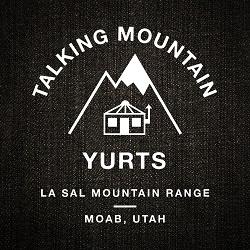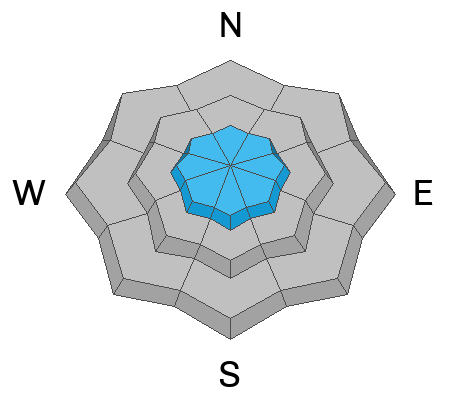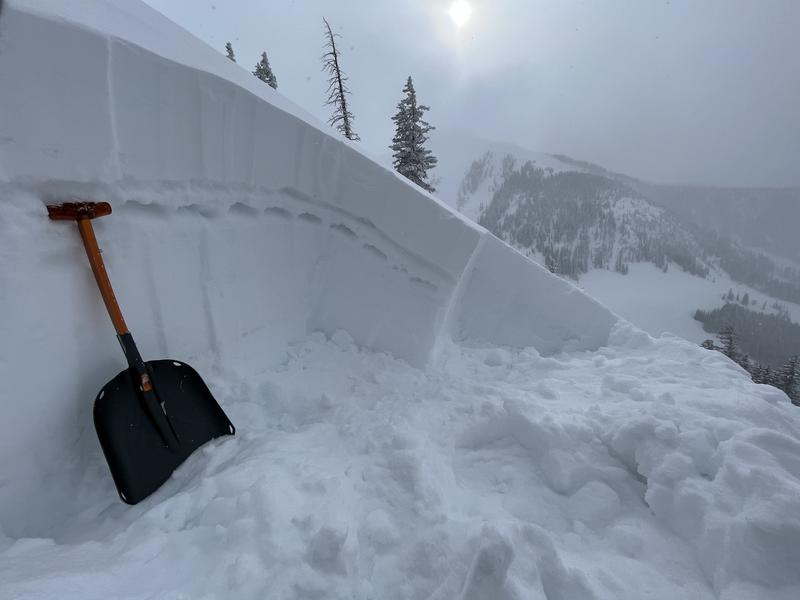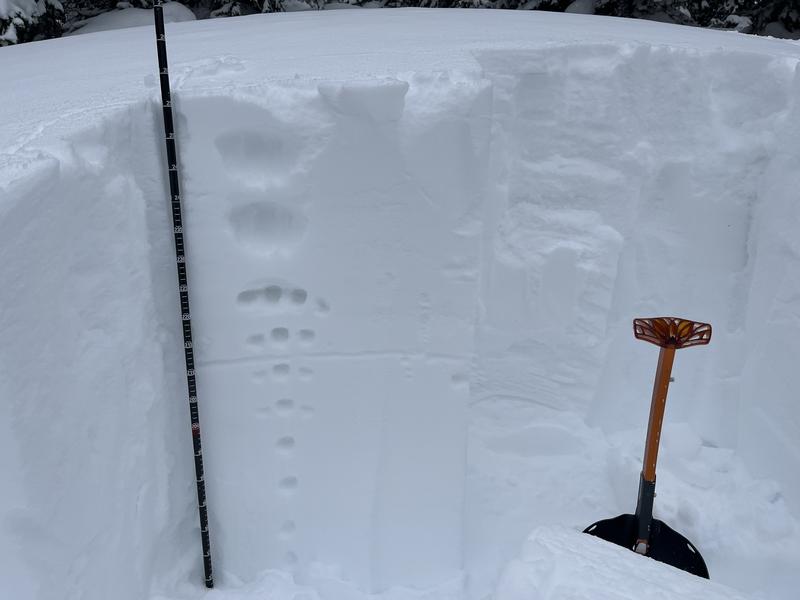Forecast for the Moab Area Mountains

Issued by Eric Trenbeath on
Friday morning, February 17, 2023
Friday morning, February 17, 2023
A MODERATE danger exists for human triggered avalanches involving soft slabs of wind drifted snow on all aspects above treeline. The danger is greatest on steep slopes facing NW-N-NE-E where drifted snow may be overlying a layer of weak, sugary, faceted snow. Human triggered avalanches 1'-2' deep are possible in these areas. Most other terrain has generally LOW danger.
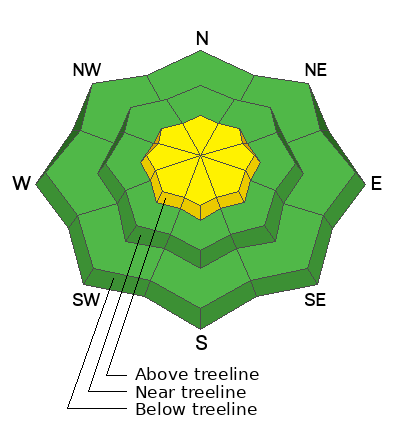
Low
Moderate
Considerable
High
Extreme
Learn how to read the forecast here



